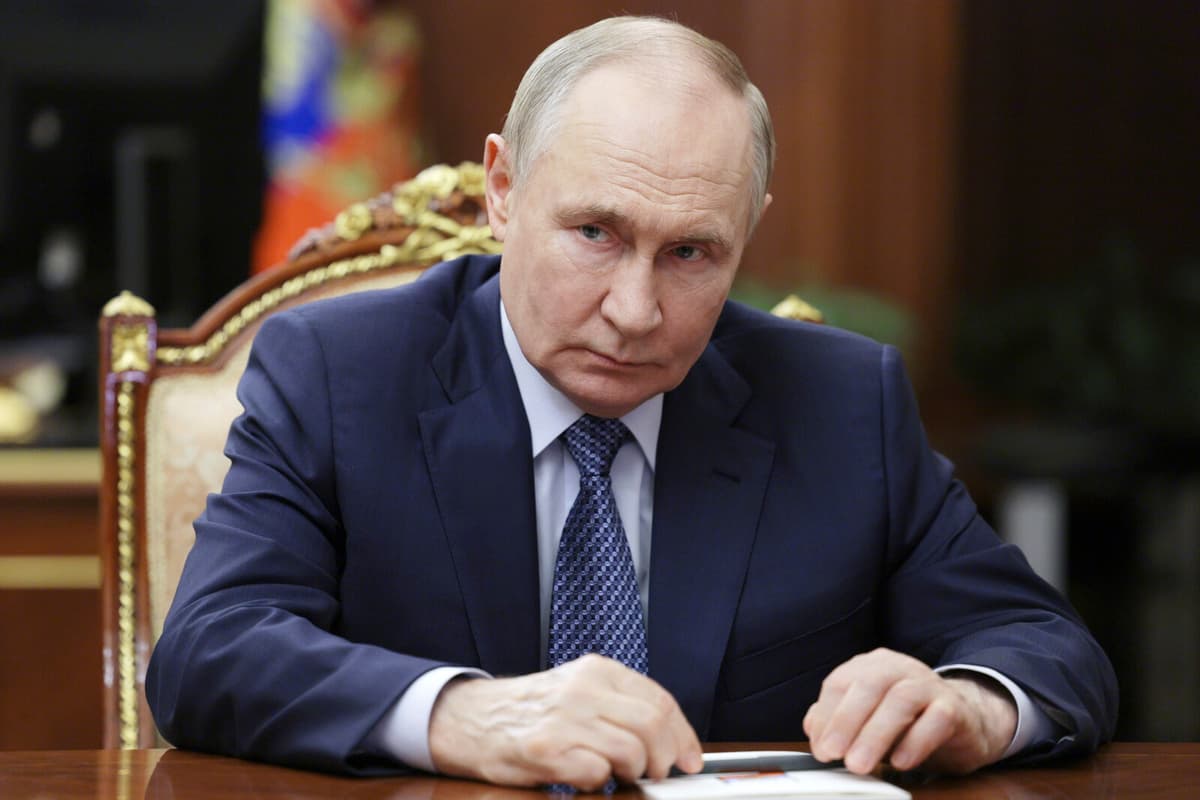Russia, the world's fourth largest source of carbon dioxide emissions, has set a goal to achieve zero emissions by 2060. But environmental activists believe that the current goal is insufficient to combat global warming.
In the decree, Putin has ordered his government to reduce greenhouse gas emissions by 2035 to 65-67 percent compared to the 1990 level, which also includes the effect of absorbing emissions through forests.
This would allow Russia to emit two billion tons of carbon dioxide equivalent per year by 2035 - lower than the emissions of 3.1 billion tons in 1990, but about 22 percent higher than the 2021 figure of 1.7 billion tons, according to data that Russia has provided to the UN.
Russia is dependent on gas and oil exports and has opposed too rapid a phase-out of fossil fuels.
The Paris Agreement, which Russia has signed, aims to limit the global temperature increase to well below 2 degrees compared to pre-industrial times, preferably 1.5 degrees. This is to be achieved mainly through reduced emissions.






